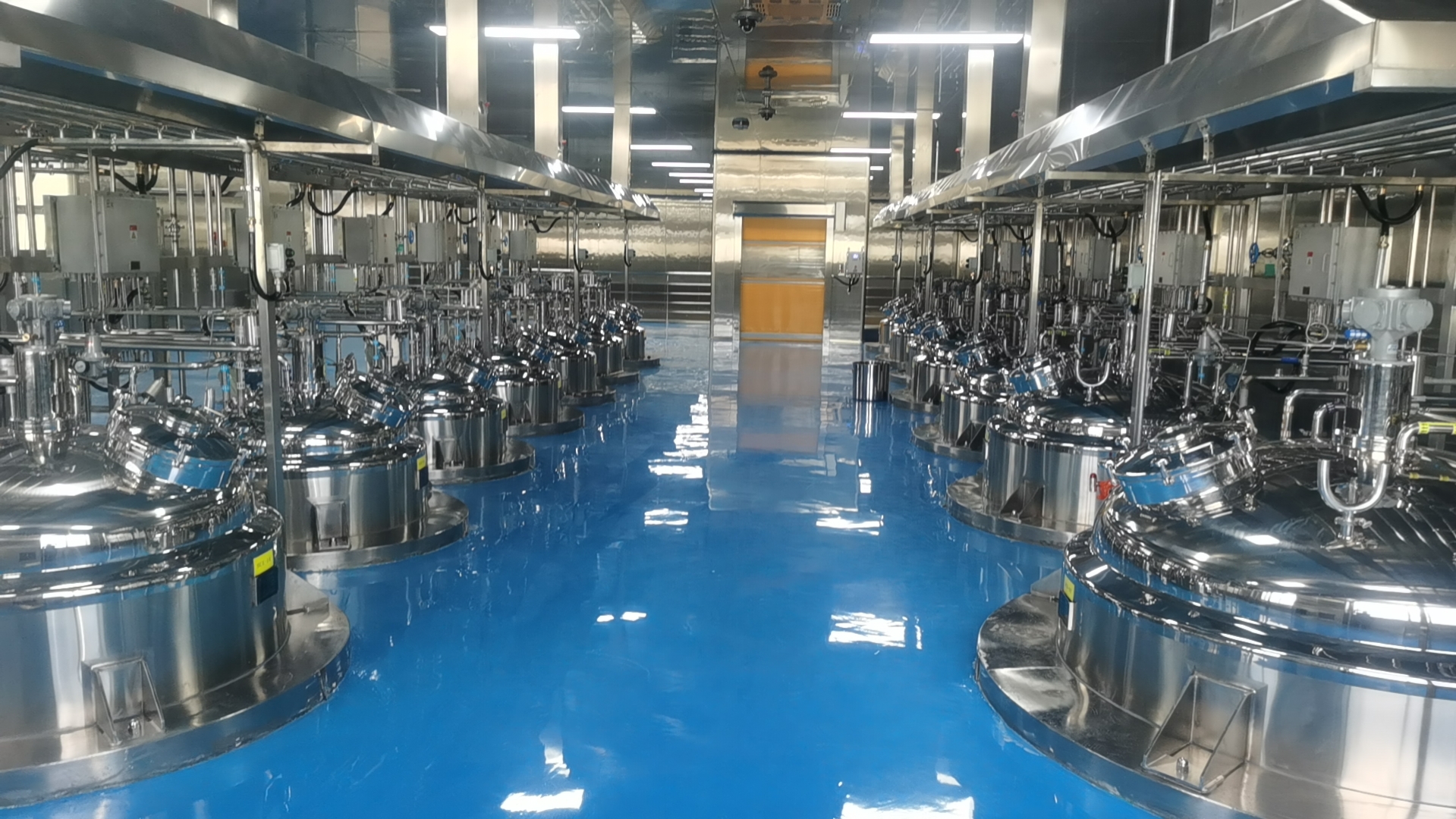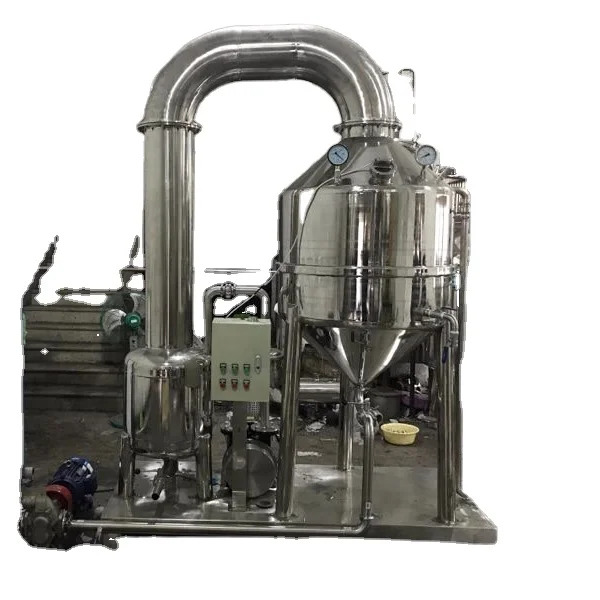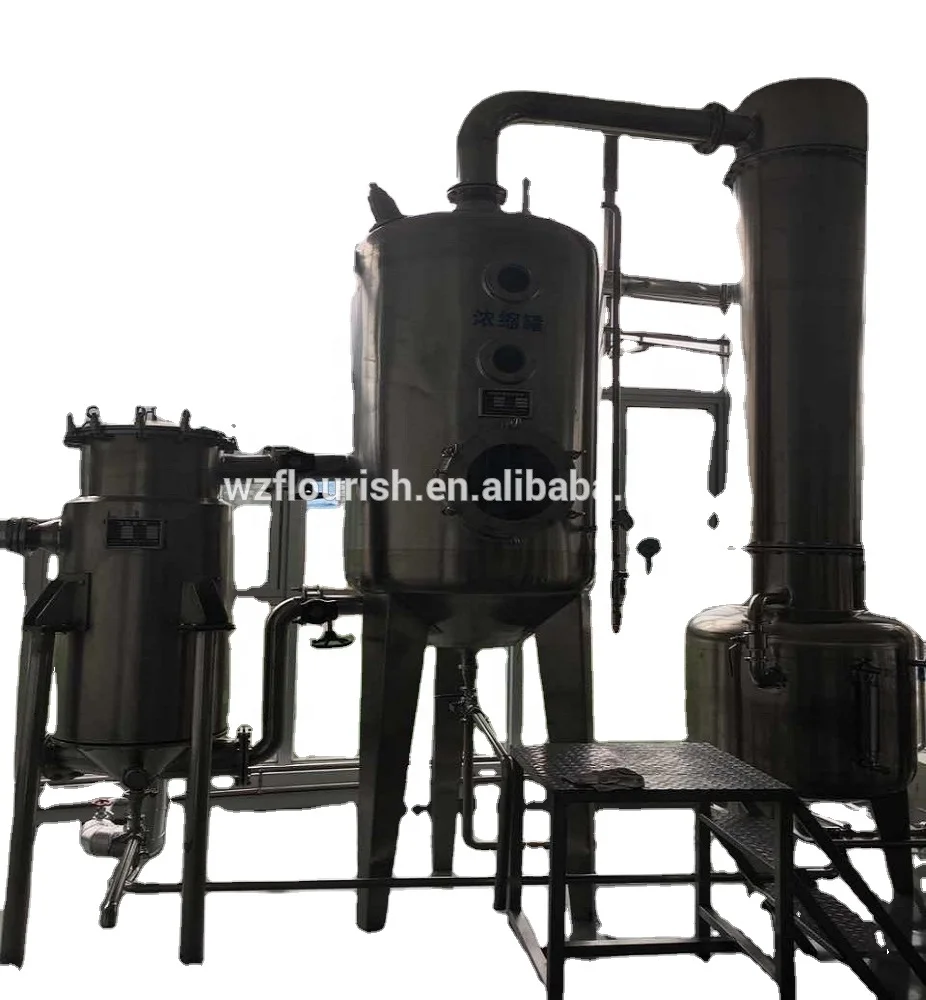
ABOUT
Wenzhou Vince Machinery Science Co., Ltd. was established in early 1980s. Our company covers an area of 6500 square meters and is an independent legal representative firm, possessing rich economic technology strength. Our company is a high tech enterprise and plays an important role in national dairy, foodstuff, pharmacy and machinery industries. We are a beverage machinery supplier.
Since the establishment, our company has mainly engaged in dairy products, foodstuff, beverage machinery, bean products, yellow wine, medicines and fermentation projects. What's more, our company supplies a complete sequence services in manufacturing, installation, test and personnel train, as well as the whole direction service design and consulting service on product project construction or enlargement artistic distribution engineering sets budget.
The Power of Fermentation Tanks in Biofuel Production
In the quest for sustainable and renewable energy sources, biofuel production has emerged as a promising alternative to fossil fuels. Among the key technologies employed in biofuel production, fermentation tanks play a pivotal role in transforming biomass into valuable biofuels. These specialized vessels harness the power of microorganisms to break down complex organic matter into simpler compounds that can be converted into usable fuels.
The Role of Fermentation Tanks
Fermentation tanks are essentially controlled environments that provide optimal conditions for the growth and activity of microorganisms. These tanks typically contain a mixture of biomass, water, and nutrients, along with a specific strain of microorganisms known as fermenters. The fermenters are carefully selected based on their ability to break down the specific biomass source into desired products. For instance, in the production of ethanol, yeast strains are commonly used to ferment sugars derived from plant materials like corn or sugarcane.
The Fermentation Process
The fermentation process in these tanks involves a series of biochemical reactions catalyzed by enzymes produced by the microorganisms. These enzymes break down complex carbohydrates, such as starch and cellulose, into simpler sugars, which are then converted by the fermenters into desired biofuels. For example, yeast converts glucose into ethanol and carbon dioxide. This process occurs under controlled conditions, including temperature, pH, and oxygen levels, to ensure optimal microbial activity and maximize biofuel production.
Advantages of Fermentation Tanks
Fermentation tanks offer several advantages in biofuel production:
- High Efficiency: Fermentation is a highly efficient process, converting a significant portion of biomass into biofuel. This translates into a higher yield of biofuel per unit of biomass input.
- Versatility: Fermentation tanks can be used to produce a wide range of biofuels, including ethanol, biodiesel, and biogas. This versatility allows for the utilization of diverse biomass sources, such as agricultural waste, forestry residues, and algae.
- Sustainability: Fermentation is a natural process that does not require high energy inputs or harsh chemicals. This makes it a more environmentally friendly alternative to traditional fossil fuel production.
- Cost-Effectiveness: Fermentation tanks are relatively inexpensive to build and operate compared to other biofuel production technologies. This makes biofuel production more accessible and affordable.
Challenges and Future Developments
Despite the significant advantages, there are still challenges associated with the use of fermentation tanks in biofuel production:
- Pre-treatment of Biomass: Complex biomass sources, such as lignocellulosic materials, require extensive pre-treatment to break down their complex structures and make them accessible to microorganisms. This pre-treatment step can be energy-intensive and costly.
- Microbial Optimization: Continuous research and development efforts are required to improve the efficiency and productivity of fermenters. This includes exploring new microbial strains and optimizing fermentation conditions for specific biomass sources.
- Scale-Up and Industrialization: Scaling up fermentation processes to meet the demands of large-scale biofuel production requires efficient design and engineering of fermentation tanks and associated equipment. This requires significant investment and technical expertise.
Future developments in fermentation technology are focused on overcoming these challenges. Research is underway to develop more efficient and cost-effective pre-treatment methods, improve the performance of fermenters, and optimize fermentation processes for various biomass sources. By addressing these challenges, fermentation tanks can continue to play a vital role in the transition towards a sustainable and renewable energy future.
SUBSCRIBE
INQUIRY





